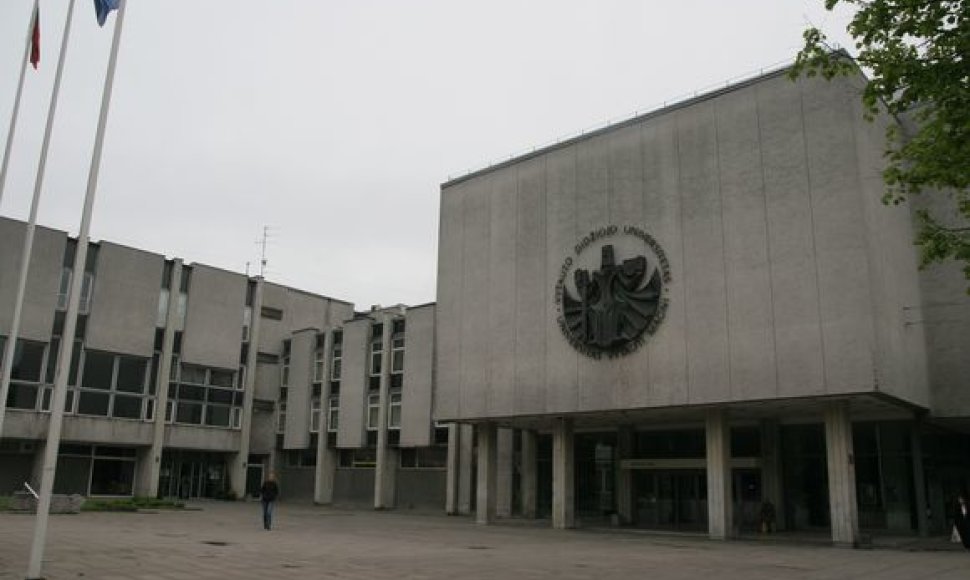"We do not want this linked with the university. As soon as we saw the different interpretations, we said it could be held in other venues," the university's rector Zigmas Lydeka told BNS on Tuesday. The conference was planned for Saturday.
"We do not want to be part of certain things where a certain position should be held on the state level. The university does not want to be the one that would have to explain," he said.
In an official letter, the rector said "the rector's council was not notified of the event, and the position of Vytautas Magnus University is not to host any non-academic events in venues of the university."
Angonita Rupšytė, head of the parliament's Unit for History and Commemoration of Parliamentarianism, told BNS on Tuesday that another venue for the conference was yet to be found.
The conference was planned to take place at the university's Catholic Theology Faculty on Saturday, on the eve of the reburial ceremony.
The remains of Brazaitis, who changed his name from Ambrazevičius during World War II, will be flown back to Vilnius on Thursday and will be reburied in the churchyard of the Kaunas-based Christ's Resurrection Church on Sunday.
An active researcher of Lithuanian literature in the interwar period, Brazaitis became an active underground figure after the Soviets occupied Lithuania in 1940.
The Soviet-Nazi war triggered an uprising in Lithuania, and Brazaitis started heading the provisional government that declared restoration of Lithuania's independence on June 23 1941.
Nevertheless, Germany introduced its rule and Lithuania's provisional government terminated its activities on 5 August.
Lithuania's provisional government and organizers of the uprising have come under criticism for their collaboration with the Nazis in the efforts to restore independence, for failure to denounce Jewish massacre and for adopting documents that discriminated the Jews.
To avoid arrest during the war, he changed his name to Brazaitis and fled to Germany in 1944 and moved to the United States in 1951 to become an active figure in the Lithuanian expat community.
Brazaitis passed away in 1974 and was buried in Putnam cemetery, Connecticut.
Lithuania's government financed reburial of his remains, however, top officials of Lithuania will not attend the ceremonies.
2012 05 16
University cancels conference on controversial historical figure
Vytautas Magnus University has decided to cancel its sanction to hold a conference on the head of Lithuania's 1941 provisional government, Juozas Brazaitis, claimed by some to have been a collaborator with Germans during World War II.
Report mistake
Successfully sent
Thank you












